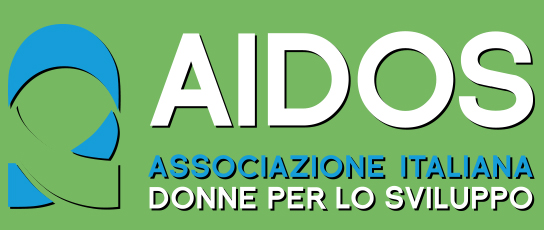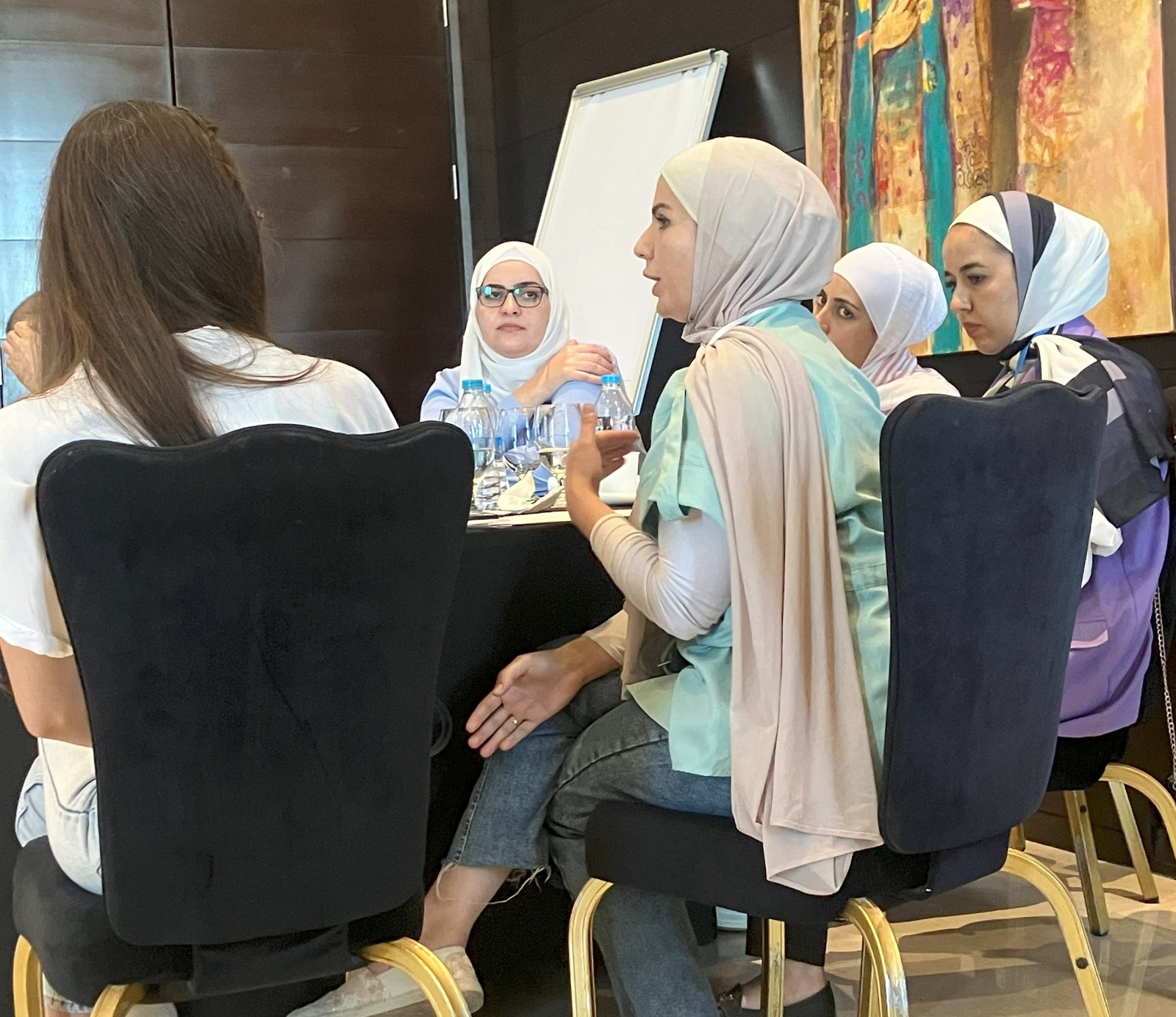Where
Jordan (Amman, Mafraq, Irbid e Zarqa)
Partner
The project is led by AIDOS (Associazione Italiana donne per lo Sviluppo), in partnership with Vento di Terra Onlus (VdT) and the local partners Durrat al Manal for Development and Training (DMDT) and Arab Women Organization (AWO)
Background
After 13 years of war in Syria, the UNHCR report 5,5 millions of Syrian refugees, with Jordan officially hosting 621.182 of them, at the third place after Turkey and Lebanon. .The Jordan government estimates that the total number of refugees exceeds 1.36 million. The influx has put further pressure on the already limited resources of the country, with 67% of the population (local and refugee) living below the poverty line and an unemployment rate of around 23% for Jordans and of 33% for Syrian refugees. Significant gender disparities in employment emerge, as 55% of men and 7% of women results employed.
Only 7% of Syrian refugees has a work permit, whose cost has dramatically risen, making it difficult to access the job market. Such economic challenges affect negatively food security, families, women and girls, leading to early marriages and a worsening well-being of refugee children.
Women and girls, particularly when refugees and living with disabilities, face a greater risk of gender-based violence (GBV), and social stigma often prevents them from reporting abuse. Jordanian law provides for protective detention for women at risk of violence, thus depriving them of their autonomy. Shelters have been established as an alternative, but access to and quality of services remain insufficient.
Inequality has its roots in cultural norms and economic obstacles, making it crucial to have support services and awareness-raising initiatives, especially for refugee women.
Objectives
General Objective
To promote the protection of the most vulnerable groups among refugees and hosting communities in Jordan, through an integrated framework of protection, assistance, empowerment, and social inclusion.
Specific Objectives
To facilitate the access of women and girls living with disabilities and/or at risk of and/or survivors of gender-based violence to specialized social services, income-generating opportunities, and community support, in hosting and refugee communities in urban areas and informal settings.
People involved
- 850 people among Jordan and Syrian refugees living with disabilities and/or at risk of and/or survivors of GBV will access the services.
- 965 people from the community, 100 people working in 5 shelters and 2 community development centers of the Social Development Ministry, and the staff of 40 civil society organisations will be sensitized and trained on GBV and disability.
- Around 10.000 members of the families of women survivors of GBV will receive indirect support from the intervention.
AIDOS Activities
AIDOS will provide access to social-health services to 320 people. Moreover, in partnership with DMDT, it will realize activities aimed at reinforcing the economic autonomy of 165 women, refugees and/or at risk of and/or survivors of GBV, and it will provide them working kits, follow-up, dignity kits, and support for work permits.
In collaboration with the Higher Council for the Rights of Persons with Disabilities (HCD), AIDOS will: implement renovation works in the Irbid shelter for improving its accessibility to people with disabilities; develop guidelines for people living with disabilities for supporting them in recognizing signs of abuse, harassment, and violence; lead sessions of community awareness-raising and mobilization on disability and gender-based violence.
AIDOS will also draft a chapter dedicated to aftercare, to be included in the MOSD Protocol on Care in shelters, and will provide trainings to personnel of shelters, of community development centers, and of civil society organizations on inclusion, disability, GBV, and aftercare.
Advocacy activities aiming at the adoption of guidelines on GBV and disability at the national level will also be carried out.
The project will adopt a gender and human rights-based approach.
Expected Results
- Improved access to integrated services of psychosocial protection, rehabilitation and healthcare for women and girls with disabilities and/or at risk of and/or survivors of GBV, both in refugee and hosting communities.
- Improved self-reliance of women and girls with disabilities and/or at risk of and/or survivors of GBV, both in refugee and hosting communities, through access to income-generating activities, dignity kits, and kits for starting a business.
- Reinforced capacity of partner organizations, of MOSD selected shelters and community development centers, and of Jordan CSOs to prevent and address GBV and discrimination of people living with disabilities, through an inclusive approach and intra-community mechanisms.
Duration
17/06/2025 – 16/12/2026
Cost of the project
€ 1.617.816,00
Who is financing
Italian Agency for Development Cooperation (AICS) – Amman Headquarter

